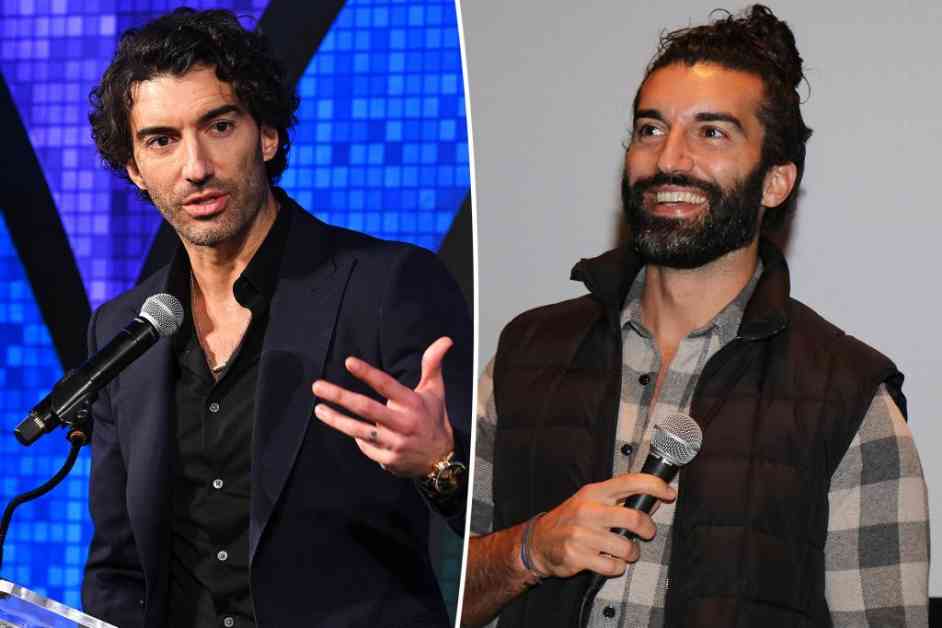The recent allegations against actor and filmmaker Justin Baldoni have stirred up a storm of controversy, with former employees of his company, Wayfarer Studios, accusing him of toxic positivity and promoting his Bahai faith in the workplace. The claims, which were brought to light in a profile published by The Los Angeles Times, have shed light on a side of the “It Ends With Us” star that has left many questioning his sincerity and intentions.
One former employee described Baldoni’s constant positivity as toxic, expressing doubt about his authenticity. The individual mentioned, “It was constant positivity all the time – I would say toxic positivity.” This sentiment was echoed by others who felt that Baldoni’s self-professed status as a disruptor and ‘good person’ seemed insincere and phony.
Despite these negative accounts, some former Wayfarer employees had positive experiences and insights to share about Baldoni. Melissa Ames, Baldoni’s former personal and executive assistant, spoke highly of his creativity and spiritual inclinations, emphasizing his heart for helping others. She described her time at Wayfarer as one of the best periods of her life, highlighting the positive aspects of working with Baldoni.
Baldoni, known for his work on projects like the Skid Row Carnival of Love and the “Man Enough: Undefining My Masculinity” book and podcast, has built a personal brand centered around self-improvement and challenging societal norms. His efforts to create spaces for open dialogue and reflection have garnered both praise and criticism from various quarters.
Responding to the allegations, a spokesperson for Baldoni and Wayfarer reiterated the company’s commitment to professionalism and positivity, emphasizing that joy and positivity are foundational to their work culture. However, other former employees expressed discomfort with the evangelizing aspect of Baldoni and other executives showcasing their Bahai faith in the workplace, suggesting that it felt professionally inappropriate.
The Bahai faith, rooted in principles of equality, justice, and peace, has been a guiding force for Baldoni and the team at Wayfarer. While some former employees found this aspect to be intrusive, others appreciated the spiritual underpinnings of the company’s work. The intersection of personal beliefs and professional conduct has raised questions about the boundaries of faith in the workplace and the impact it can have on organizational culture.
As Baldoni navigates the fallout from the legal battle with Blake Lively and Ryan Reynolds, who accused him of sexual harassment and defamation, the spotlight on his personal and professional life has intensified. The ongoing saga between the parties involved underscores the complexities of relationships in the entertainment industry and the blurred lines between public image and private behavior.
In the midst of these challenges, Baldoni and the team at Wayfarer remain steadfast in their mission to create meaningful and impactful content that resonates with audiences. The balancing act between personal beliefs, professional responsibilities, and public perception continues to be a tightrope walk for those in the spotlight, reminding us of the nuanced nature of human interactions and the power of storytelling to shape our collective understanding of the world.












